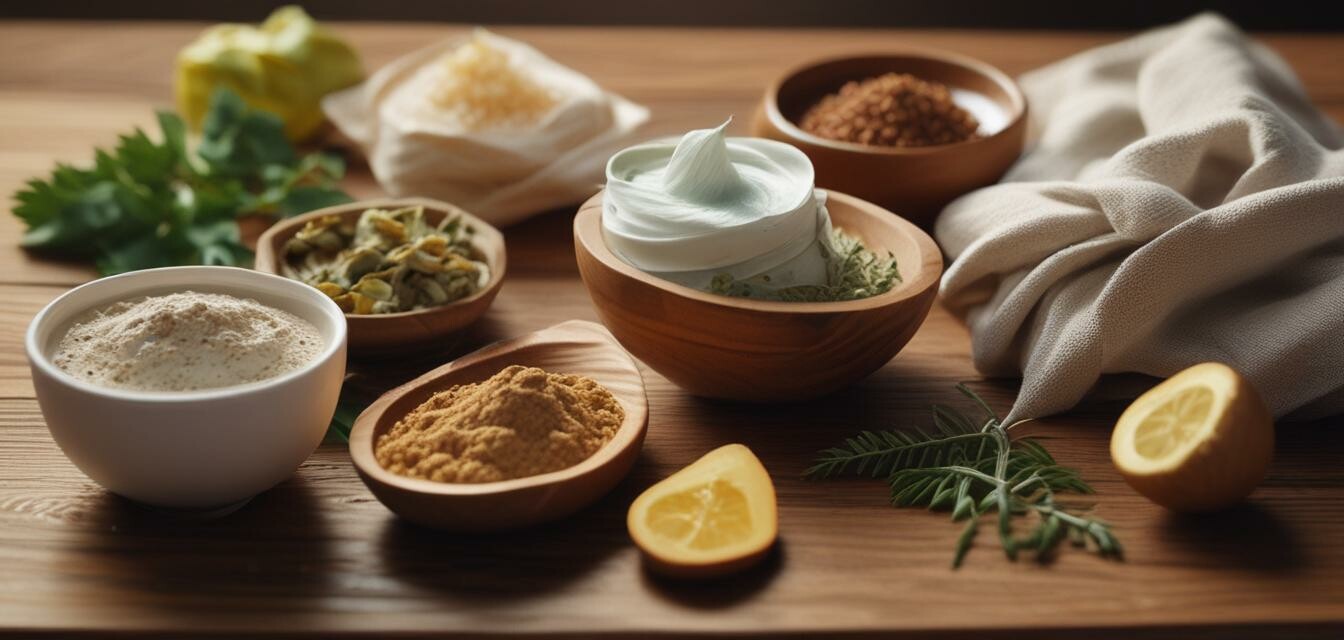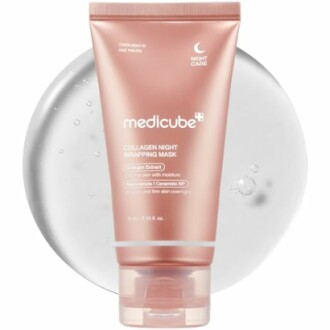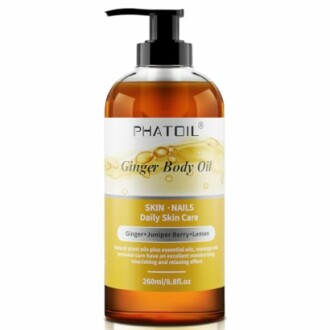
How to Choose The Right Mask for Your Skin Type
- Identify your skin type: oily, dry, combination, or sensitive.
- Select masks made from organic ingredients tailored to your skin concerns.
- Test patch new masks before full use to avoid irritation.
- Consider frequency of use: weekly, bi-weekly, or monthly.
- Read reviews and seek recommendations for best results.
Choosing the right face mask is essential for enhancing your skincare routine, especially when focusing on organic options. With varying types of face masks available, and each designed purposefully for different skin concerns, understanding your skin type is the first step toward achieving a radiant complexion. In this comprehensive guide, we will explore how to select the ideal mask based on your individual skin type and concerns, while also spotlighting some popular organic products.
Understanding Your Skin Type
The first step in selecting a face mask is identifying your skin type. Here's a breakdown of the common skin types:
| Skin Type | Characteristics | Common Concerns |
|---|---|---|
| Oily | Shiny appearance, large pores, prone to breakouts. | Acne, blackheads, excess shine. |
| Dry | Flaky, rough, may feel tight or irritated. | Flakiness, dullness, fine lines. |
| Combination | Oily in some areas (typically T-zone) and dry in others. | Uneven texture, different concerns in different areas. |
| Sensitive | Prone to redness, itching, swelling, or burning. | Reactivity, irritation, dryness. |
Selecting the Right Mask for Your Skin Type
Below, we've outlined the types of masks that work best for each skin type along with their benefits:
Oily Skin
- Clay Masks: Help absorb excess oil and minimize pores.
- Charcoal Masks: Detoxify and reduce impurities.
Dry Skin
- Cream Masks: Provide intense hydration with rich emollients.
- Sheet Masks: Infused with moisturizing serums to soothe and plump.
Combination Skin
- Multi-Masking: Apply different masks to various areas (e.g., clay on the T-zone, cream on dry patches).
- Gel Masks: Light and refreshing, suitable for overall hydration without heaviness.
Sensitive Skin
- Hydrating Masks: Gentle formulas that restore moisture.
- Calming Masks: Usually formulated with ingredients like aloe vera or chamomile to soothe irritation.
Spotlight on Organic Mask Options
Now that you know how to choose a mask based on your skin type, let's look at some standout organic products that can fit into your regimen.
Medicube Collagen Overnight Wrapping Peel Off Facial Mask Pack
This mask provides 8 hours of intensive care while you sleep, awakening your skin's glow and enhancing elasticity.
Learn MoreFor more information on other types of organic masks, you may enjoy these articles: Organic Facial Masks, Organic Skin Cleansers, and DIY Organic Skin Care Recipes.
Ginger Body Oil
Formulated with ginger and juniper berry, this oil nourishes and hydrates the skin, providing a spa-like experience at home.
Learn MoreTesting and Safety Measures
Before incorporating a new mask into your routine, it's crucial to perform a patch test. Apply a small amount to an inconspicuous area of your skin and wait 24 hours to check for any adverse reactions. Also, consider the frequency of mask use. Generally, 1-3 times a week is advisable depending on your skin type and the formulation of the mask.
Conclusion
Choosing the right mask can greatly enhance your skincare routine, ensuring it meets your unique skin needs. Remember, always opt for organic products when possible to align with your health and sustainability values. Explore our Organic Skincare Buying Guides for more insights on selecting products tailored for you!
Tips for Mask Application
- Cleanse your skin thoroughly before application.
- Follow the manufacturer's instructions regarding application time.
- Never apply masks to broken or inflamed skin.
- Rinse with lukewarm water and follow up with a moisturizer.
Pros
- Enhances overall skin health and radiance.
- Provides targeted treatment for specific concerns.
- Used regularly can prevent future skin issues.
Cons
- Some masks may cause irritation for sensitive skin.
- Overuse can lead to dryness or breakouts.
- Finding the right mask may require some experimentation.




